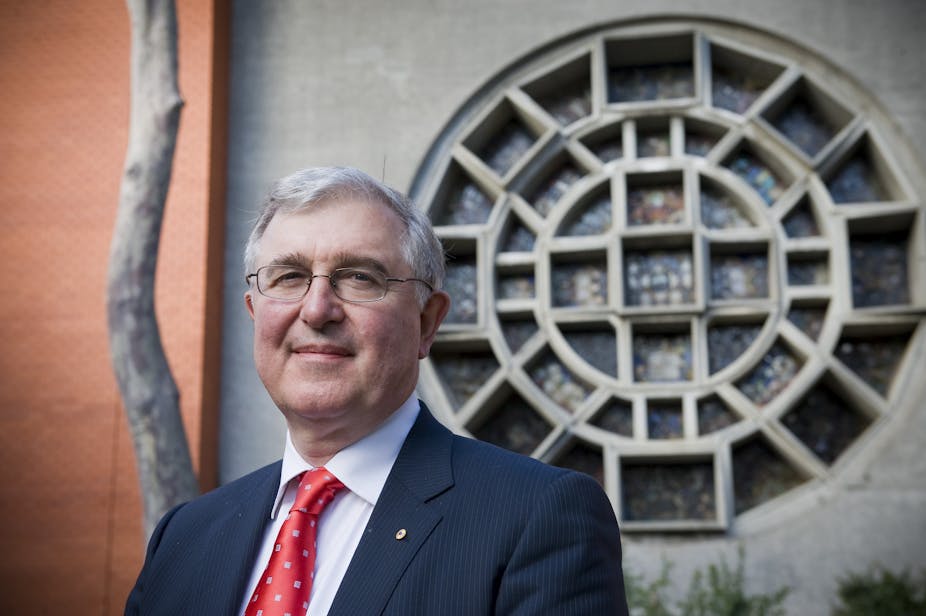University education around the world is in a time of considerable change.
One key driving issue which has built up for some years is the massive and exponential increase in the knowledge base and the complexity of analytical issues based around it. This affects every discipline and the totality of human knowledge.
Not so long ago an educated person could reasonably have a broad grasp of human knowledge in history, literature, science and the arts. Even forty years ago, as a young medical student, I could reasonably grasp most existent knowledge in medical science through mastery of perhaps a score of text books covering different disciplines, all likely to remain current for at least a decade.
How different things are now, in part as a result of new information, and in part driven by a vast rate of knowledge expansion.
Now even the most diligent student cannot be expected to have a deep knowledge across the whole of a major discipline. For a student to know all or most of medical science would be a mind numbing waste of time.
The expectation is that students understand broad principles, can manage and mine the knowledge base and have a more hands-on knowledge of a narrower field.
Some years ago a narrower field might have been genetics as a whole but now it is more likely to be a branch of genetics.
For at least 15 years, therefore, there has been a steady move in university education towards teaching broad principles: how to analyse, how to extract and understand knowledge and how to function in an effective way in the information age.
With this background, the recent debate about the relative merits of a North American model of university education – with a broad introductory liberal arts experience (including science) followed by specialisation (as at Yale or Harvard) - and a European model aligning with the Bologna accord where the first degree has disciplinary specialisation for many (as at Oxford or Cambridge), is somewhat redundant. Both models are fine. When taught well both prepare young people well for subsequent careers.
Some students are greatly attracted by the idea of some years of a more general education where as others prefer to broaden their thinking within the context of demanding disciplinary studies which may involve professional studies. I have no doubt that young people are equally well prepared to live full and productive lives in both approaches.
It is important that the degree of respect great institutions feel for each other across the world is maintained in our own country and that includes the respect for the effort all universities put in to achieving outstanding education which is in the best interests of their students.
Diversity as well as excellence in a university system is a great thing for a country. It is to everyone’s advantage for students leaving school in Australia to have a number of high quality options as to how they might pursue university studies.
Monash University remains committed to a Bologna aligned approach but has complete respect for institutions that choose to go in other directions.
I encourage prospective students to become fully appraised of the relative merits of two excellent systems before making their choice and to have confidence that whichever option they choose they will have an excellent university education.
Related coverage: Undergrad education and the Melbourne Model

